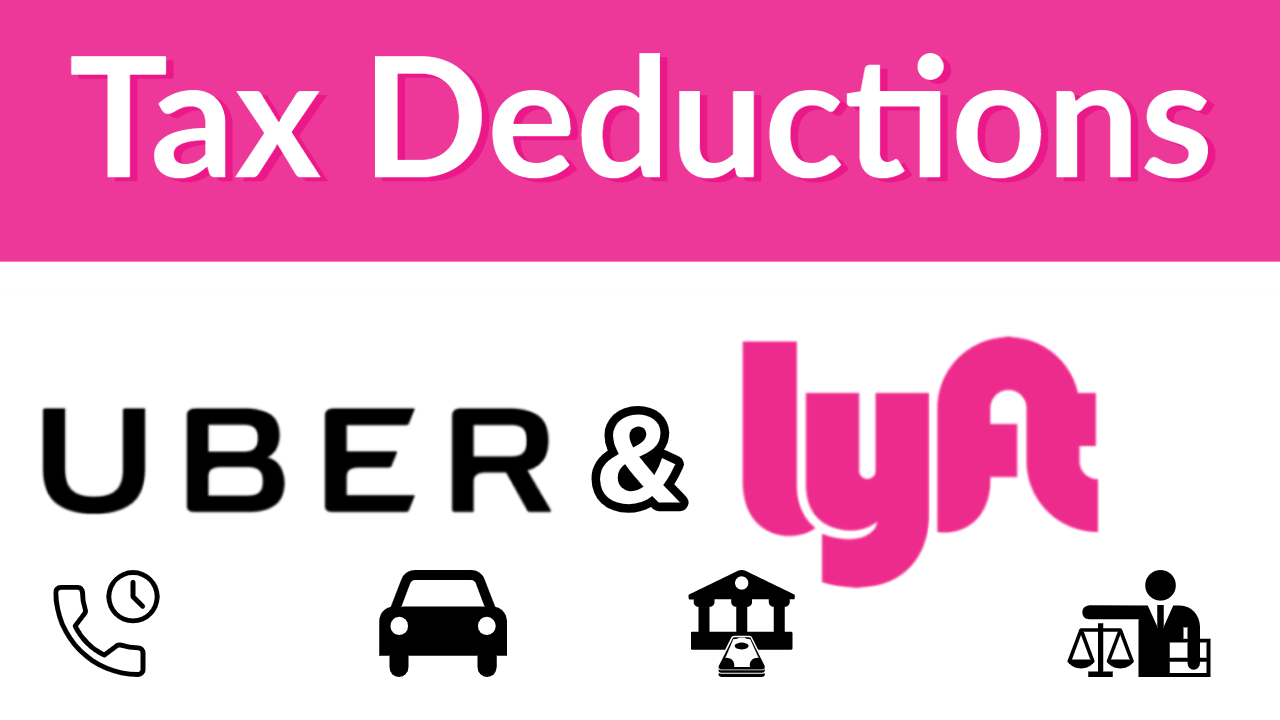Uber and Lyft drivers are considered independent contractors. The beginning of the year you will receive a 1099 that details the images driven, fees taken, and income paid to you from each service. For those who made 20k and had over 200 rides or deliveries you will receive a 1099-k. As a Contractors you will file a schedule C with your 1040 individual returns.
Most rideshare drivers can deduct mileage, parking, tolls, food for passengers, and any other allowable expenses on Schedule C of their federal tax form.
The only requirement for claiming expenses is that they need to be “ordinary and necessary.”
Uber drivers are able to take deductions for:
- Car Payments. Yes, car payments are deductible. You don’t have to actually own your car. If you are making lease payments the amount you pay is deductible up to the portion of the business use of your vehicle.
- Licenses, Registration, Tags and Title, insurance, and uber fees are all deductible.
- Mileage Uber does tell you the mileage you drove for them, but you are required to keep track of your personal use of your vehicle before you can actually take the deduction.
- Tax and legal fees. You can deduct the cost of filing tax returns related to your business and tax planning. If you are a do it yourself type of person. you can take the cost of your tax prep software.
- Home Office Deduction
- The new 20% Deduction on Pass-Through Income. On top of the allowed business deductions, the current tax law allows you to take a 20% deduction on pass-through income. To qualify for this deduction, you need to have business income. As long as your income is $157,000 (filing single) and $315,000 (filing jointly). If you have a business loss you will not see this 20% deduction on pass through income. The deduction on pass-through income is set to expire on December 31, 2025.
This list is not an all inclusive list of the allowable deductions for rideshare drivers. These are some of the most common.


Recent Comments